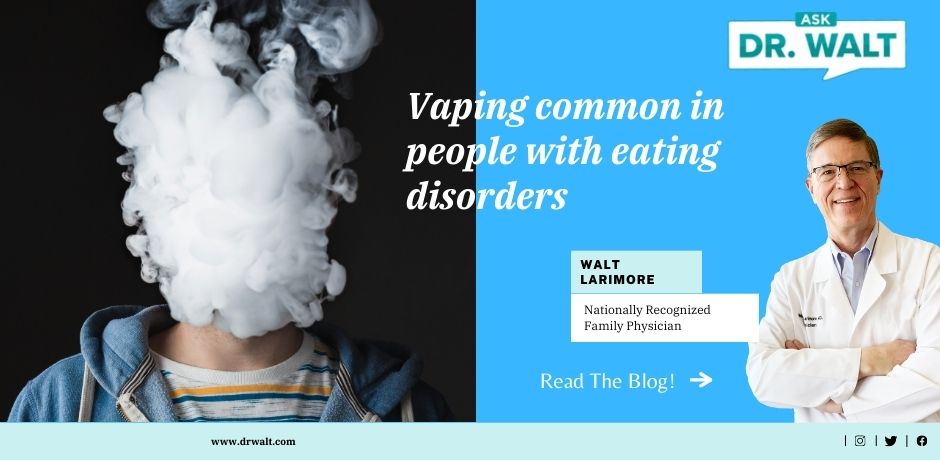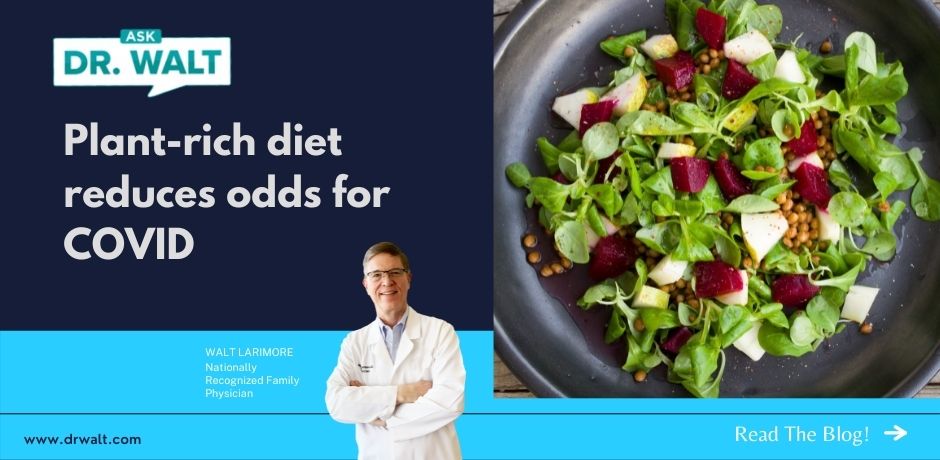
Vaping common in people with eating disorders
October 20, 2021
Shoulder injury after vaccination administration (SIRVA)
October 22, 2021People who eat plenty of fruits and vegetables may have a somewhat lower risk of COVID than those with unhealthy diets, a new study from the journal Gut suggests. Of the nearly 600,000 adults surveyed, researchers found that those with the most plant-rich diets had a 9 percent lower risk of developing COVID and a 41 percent lower risk of severe COVID than those with the least healthy diets.
The researchers pointed out that people with healthy diets may be different in many ways from those with less-healthful eating habits.
So, they accounted for factors like age, race, exercise habits, smoking, body weight, and whether people lived in low- or high-income neighborhoods.
Obesity, for example, is a risk factor for severe COVID. And bodyweight did explain a good portion of the connection between diet and COVID risk, the study found.
But diet itself still showed a protective effect.
Experts were quick to stress that healthy eating is no magic immune booster that will ward off COVID.
“This doesn’t change anything. Get vaccinated,” said Dr. Aaron Glatt, an infectious disease specialist and spokesman for the Infectious Diseases Society of America.
Jordi Merino, the lead researcher on the study, agreed that no one should consider diet a replacement for vaccination or other measures, like wearing a mask.
“Nevertheless,” the study authors concluded, “eating plenty of whole, plant-based foods is certainly a wise idea since people with good nutrition are generally healthier and hardier.”
© Copyright WLL, INC. 2021. This blog provides a wide variety of general health information only and is not intended to be a substitute for professional medical advice, diagnosis, or treatment from your regular physician. If you are concerned about your health, take what you learn from this blog and meet with your personal doctor to discuss your concerns.



